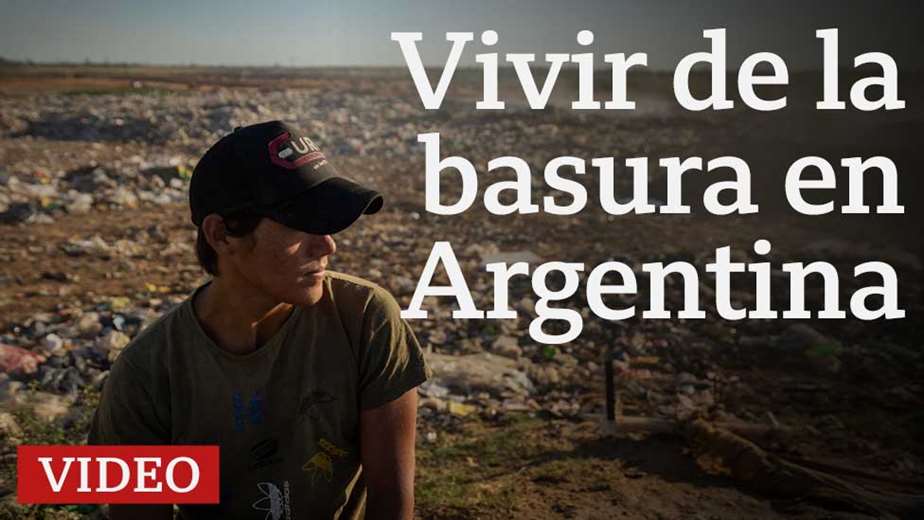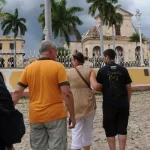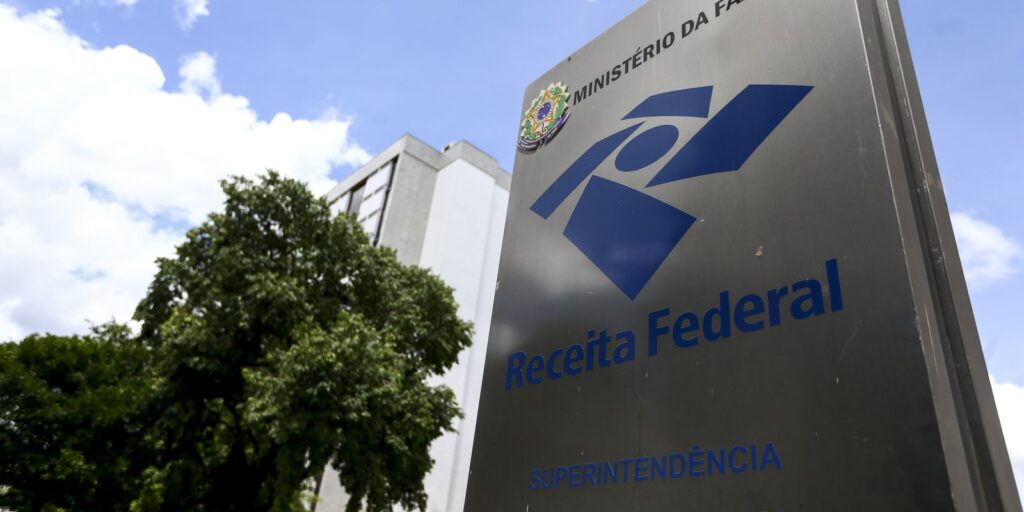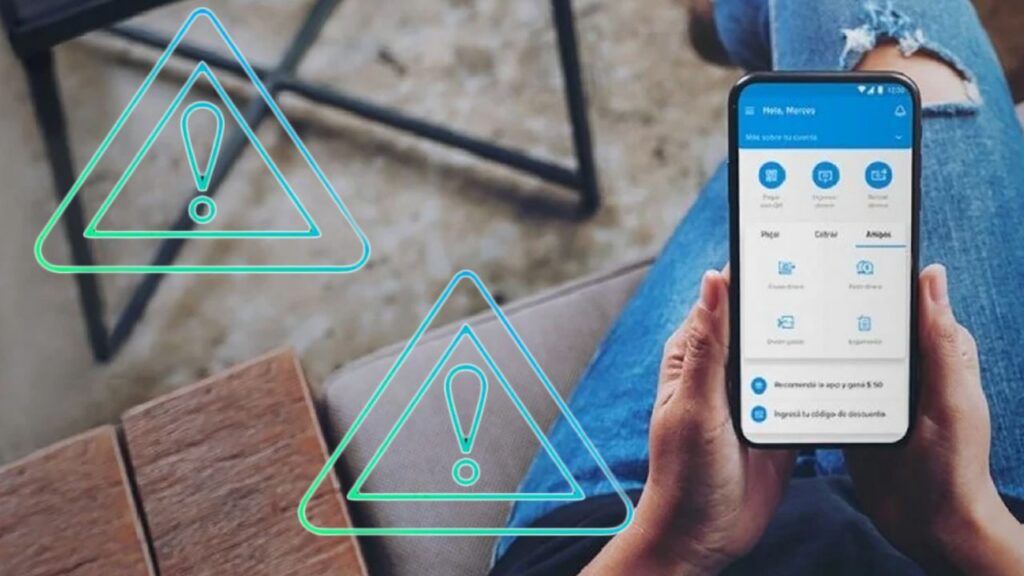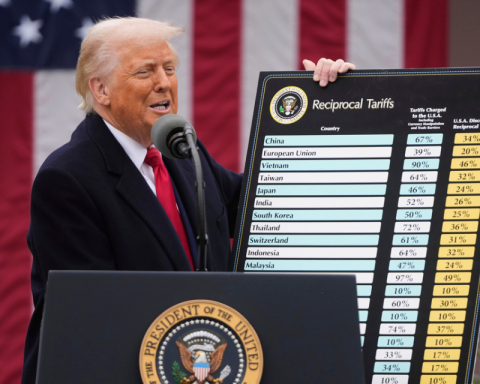https://www.youtube.com/watch?v=gcPQE4QeRpc
If you can’t see the video, please click here.
In the city of Concordia, in Argentina, more than half of the population lives in poverty.
A situation that worsened with the pandemic, but it is not new. Argentina, which was once one of the richest countries in Latin America, has not been able to reduce poverty beyond 20% for more than 25 years.
And in the last two years, this figure was reflected in a notable increase in popular settlements on the outskirts of this city in the province of Entre Ríos.
“More and more neighborhoods, more settlements. And what is striking is that they are from young people, who formed their families, live where they can and how they can,” Pedro Sena, director of Cáritas in Concordia, tells BBC Mundo.
El Silencio, one of these growing neighborhoods, was formed around the Campo del Abasto dump, where almost all of the city’s waste ends up.
“As a result of the pandemic, families from other neighborhoods began to come, perhaps twice as many families have come to Abasto,” says Fabián Dimas Odiard, a man from Concordia who buys garbage collected by informal workers.
“We see the people who are working in the dumps, dad, mom and children… Little children who go, not so much to recycle, but to see what they collect to eat, it’s painful,” says Pedro Sena.
In this BBC Mundo report, the journalist Agustina Latourrette explores the impact of the health crisis in one of the most vulnerable areas of the country.
Now you can receive notifications from BBC World. Download the new version of our app and activate it so you don’t miss out on our best content.
https://www.youtube.com/watch?v=gcPQE4QeRpc
If you can’t see the video, please click here.
In the city of Concordia, in Argentina, more than half of the population lives in poverty.
A situation that worsened with the pandemic, but it is not new. Argentina, which was once one of the richest countries in Latin America, has not been able to reduce poverty beyond 20% for more than 25 years.
And in the last two years, this figure was reflected in a notable increase in popular settlements on the outskirts of this city in the province of Entre Ríos.
“More and more neighborhoods, more settlements. And what is striking is that they are from young people, who formed their families, live where they can and how they can,” Pedro Sena, director of Cáritas in Concordia, tells BBC Mundo.
El Silencio, one of these growing neighborhoods, was formed around the Campo del Abasto dump, where almost all of the city’s waste ends up.
“As a result of the pandemic, families from other neighborhoods began to come, perhaps twice as many families have come to Abasto,” says Fabián Dimas Odiard, a man from Concordia who buys garbage collected by informal workers.
“We see the people who are working in the dumps, dad, mom and children… Little children who go, not so much to recycle, but to see what they collect to eat, it’s painful,” says Pedro Sena.
In this BBC Mundo report, the journalist Agustina Latourrette explores the impact of the health crisis in one of the most vulnerable areas of the country.
Now you can receive notifications from BBC World. Download the new version of our app and activate it so you don’t miss out on our best content.
;
